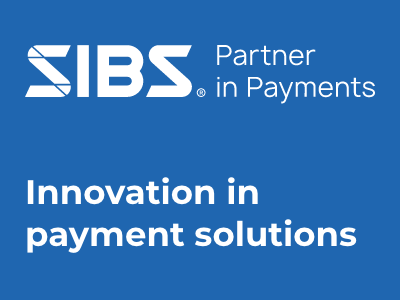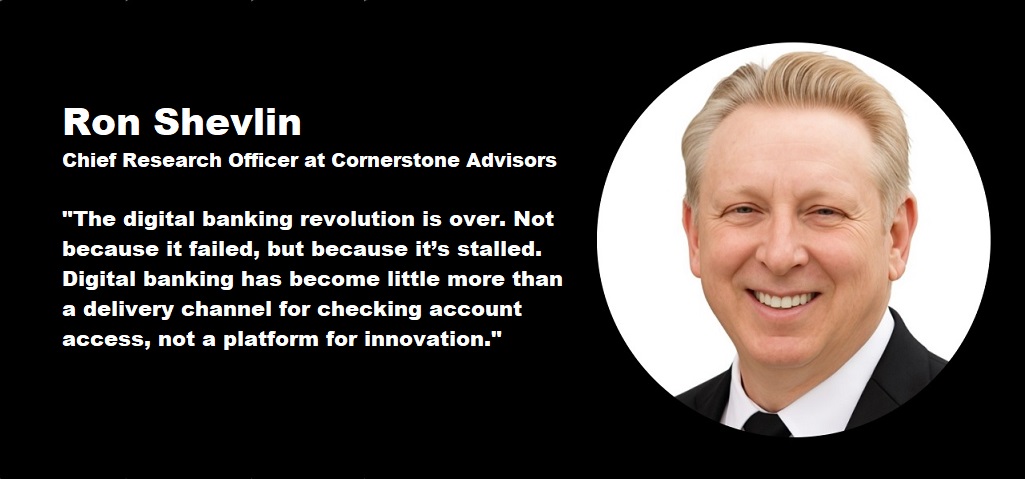5-year strategic partnership between Commerzbank and Google Cloud for digital transformation

This partnership is intended to accelerate the Commerzbank’s overall digital transformation, which includes a goal of running 85 per cent of its decentralised applications on the cloud by 2024.
Google Cloud and Commerzbank announced today that they are expanding their collaboration by entering into a five-year strategic partnership. With the help of Google Cloud, Commerzbank will move a significant number of its banking applications to the cloud, a continuation of a comprehensive digital transformation strategy underway since 2017. Google Cloud will support Commerzbank on its journey to build a cloud transformation organisation and to innovate new solutions for the Bank’s customers.
Commerzbank is increasingly using cloud technology to bring new products and customer experiences to market faster, improve the performance of its systems, and reduce operating costs.
“In our new ‘Strategy 2024’, a multicloud approach continues to play a major role. We will benefit from Google Cloud’s extensive capabilities in infrastructure modernisation, as well as from its know-how in data analytics and machine learning, as one of the pioneers of this technology. As we move to the cloud, Google Cloud is an important strategic partner,” said Jörg Hessenmüller, Chief Operating Officer (COO) and member of the Board of Managing Directors of Commerzbank.
Google Cloud has been providing Commerzbank with cloud technologies and expertise since 2017. With this new, expanded agreement, Google will now offer the Bank a deeper set of platform services to support its digital transformation.
Using Google Cloud will allow Commerzbank developers to follow a continuous integration and continuous delivery (CI/CD) approach, enabling them to make updates to code more seamlessly. This means that building and maintaining applications will be faster and easier, ensuring that end users have access to cutting edge financial apps.
Commerzbank customers are already using the first application developed on Google Cloud platform – the “Digitale Kontoanalyse,” i.e. the “digital account analysis.” This application provides multiple benefits for banking customers and Commerzbank employees, including:
. Digital account analysis, which enables the Bank and customers to work together to process loan applications more quickly.
. Creation of accurate balance sheets of income and expenses for each customer account.
. Better tracking of historical financial data, so that customers will be able to optimise their income and expenditures behaviour over time.
“This partnership means that Google Cloud not only meets the high regulatory requirements of the financial sector, but we also cooperate on industry-wide initiatives such as the Collaborative Cloud Audit Group to provide verifiable transparency against important compliance standards in the financial services industry,” said Daniel Holz, Vice President, EMEA North Region at Google Cloud.
The Collaborative Cloud Audit Group (CCAG) is a group of financial services firms in Europe that performs pooled audits of cloud providers like Google Cloud to ensure regulatory compliance of their material outsourcing operations.
Dariusz Mazurkiewicz – CEO at BLIK Polish Payment Standard
Banking 4.0 – „how was the experience for you”
„To be honest I think that Sinaia, your conference, is much better then Davos.”
Many more interesting quotes in the video below:












